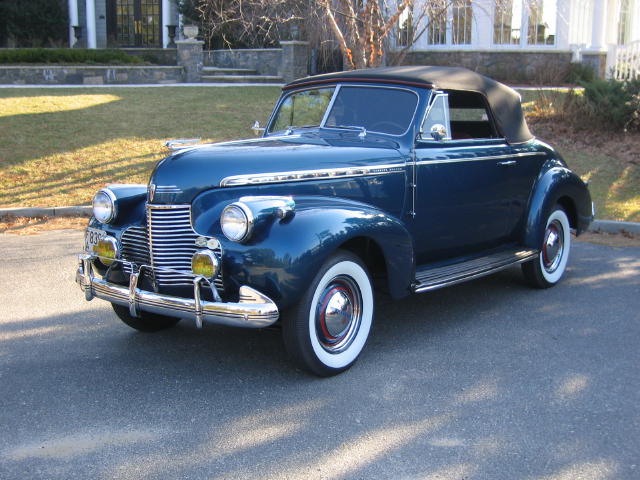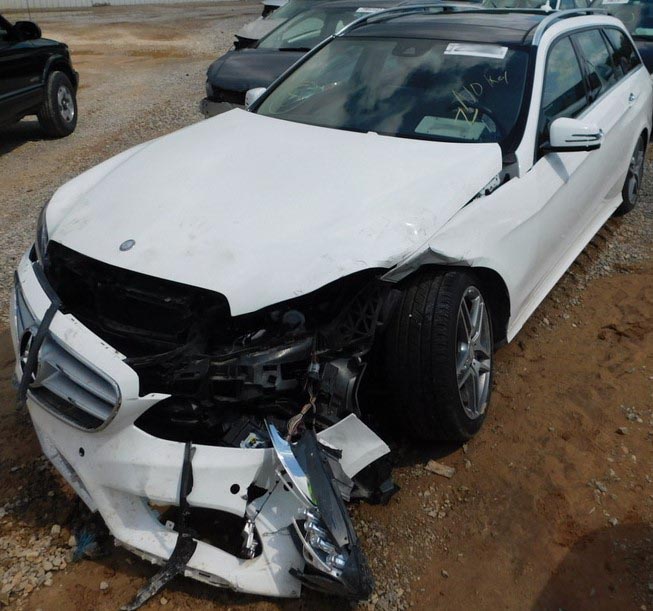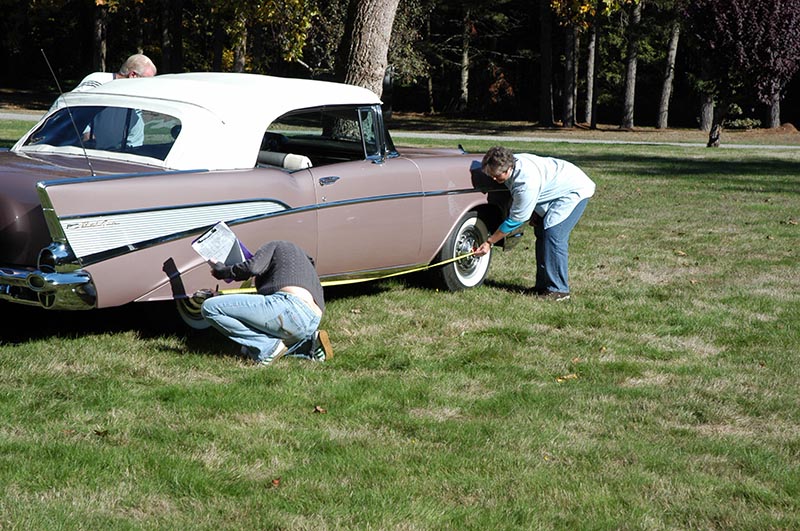 Many car owners think that donating a vehicle is a great way to get ahead on taxes and avoid having to sell an unwanted car or pay to junk it, but the process can be fraught with pitfalls. Some charities are guilty of false advertising and self-dealing, while other organizations are for-profit intermediaries that give only a small contribution to charity. In some cases, it may actually serve a charity better (and prevent IRS auditors from calling) to sell the car and simply donate the proceeds.
Many car owners think that donating a vehicle is a great way to get ahead on taxes and avoid having to sell an unwanted car or pay to junk it, but the process can be fraught with pitfalls. Some charities are guilty of false advertising and self-dealing, while other organizations are for-profit intermediaries that give only a small contribution to charity. In some cases, it may actually serve a charity better (and prevent IRS auditors from calling) to sell the car and simply donate the proceeds.
In the case of vintage vehicles, the value of the automobile may make it worthwhile to look into the details of donation and put forth the effort to donate properly. The following tips will make it easier for you to donate in a safe and effective way:
Research the charity to which you donate. In order to claim the donation as a charitable deduction, the charity must have a 501(c)(3) non-profit status with the IRS. Take the time to learn about the charity, too – organizations like Charity Watch rate charities and help you determine how well they process vehicles that are donated.
Itemize your tax deductions. The IRS has detailed rules about the amount you can claim, and you must itemize your car donation on your return. Furthermore, the charity to which you donate must qualify for you to receive full market value for the vehicle: donated cars must be used by the charity in their operations, improved by the charity in order to sell or use the vehicle, or donated or sold to a needy person for below market value. In all other cases, you can only deduct the amount received by the charity as proceeds from selling the car.
Get a receipt for the donation. You must get a receipt from the charity for the vehicle and documentation certifying the selling price of the vehicle within 30 days of the charity’s sale of the car.
Complete the appropriate IRS form. There are specific forms the IRS requires for you to deduct the donation based on the sale price or fair market value of the vehicle. If the vehicle’s fair market value or sale price exceeds $5000, you will be required to get an independent appraisal and complete Section B of Form 8283. For more information about the IRS forms necessary to deduct your vintage vehicle donation, visit the IRS web site.
 Deliver the vehicle yourself. If possible, drive the vehicle to the charity yourself. This not only saves the charity money to make your donation more effective, but it also ensures that you are not giving your car to an unrelated, for-profit intermediate dealer. Be sure to sign over the title of the car to the charity and ask a representative to sign it as well. If the car is not road-worthy and the charity picks it up for you, make the person picking up the vehicle sign the title and take a picture or photocopy of it to prevent liabilities that can be charged to you or the new owner.
Deliver the vehicle yourself. If possible, drive the vehicle to the charity yourself. This not only saves the charity money to make your donation more effective, but it also ensures that you are not giving your car to an unrelated, for-profit intermediate dealer. Be sure to sign over the title of the car to the charity and ask a representative to sign it as well. If the car is not road-worthy and the charity picks it up for you, make the person picking up the vehicle sign the title and take a picture or photocopy of it to prevent liabilities that can be charged to you or the new owner.
For even more information about donating a vehicle and tax deductions, read IRS publication 4303, A Donor’s Guide to Car Donations.
A great first step for any automobile donation is an independent appraisal by a certified appraiser. Not only can an auto appraisal of a vintage vehicle help you to deduct a donation, but it can also help you determine how and to whom you want to donate to. In some cases, it may make more sense to sell the vehicle yourself, while in others, it may be profitable for both you and the charity to donate the car directly. If you decide to sell the vintage vehicle on your own, the appraisal will help you to know what price to expect and help validate that price to potential buyers.
Auto Appraisal Group can help you to navigate the world of vintage vehicle donations – schedule a certified independent auto appraisal today!







